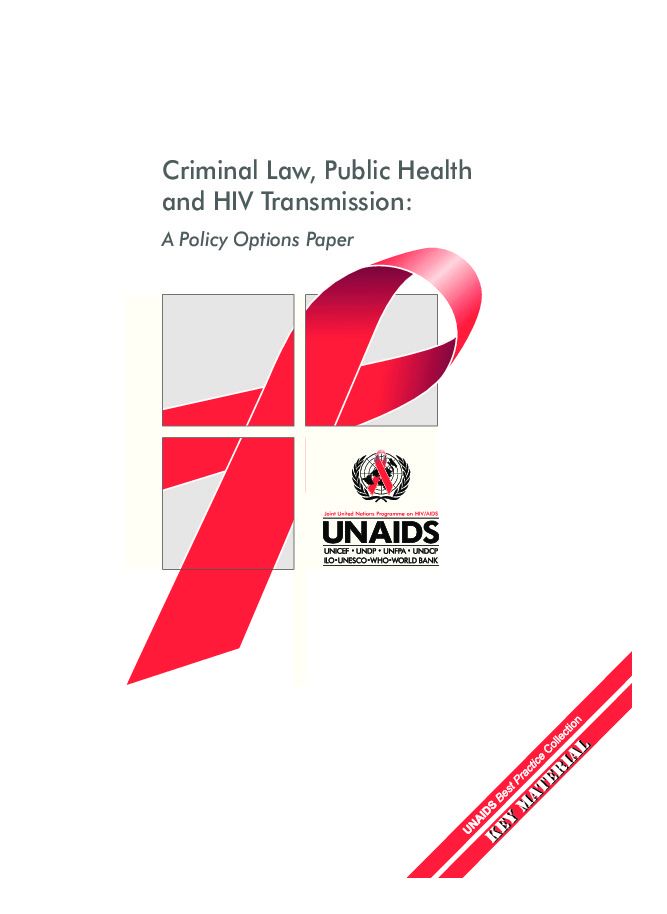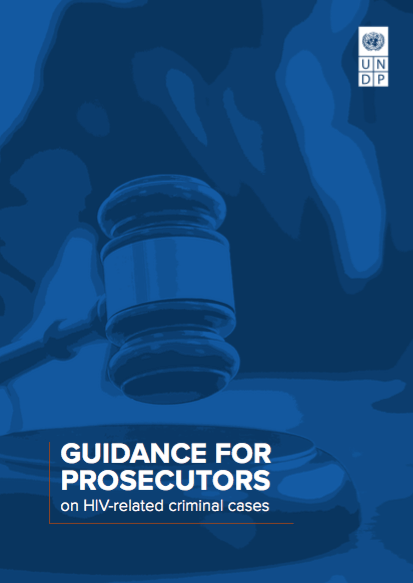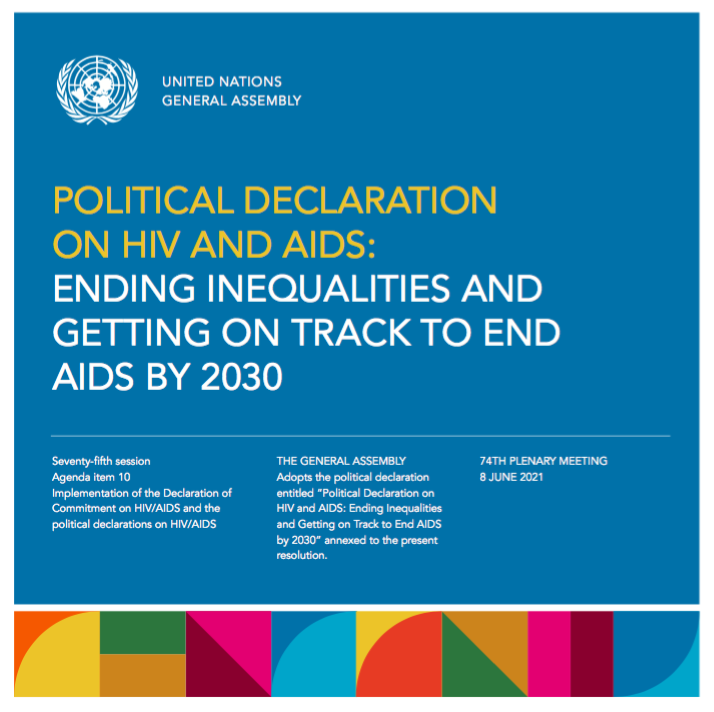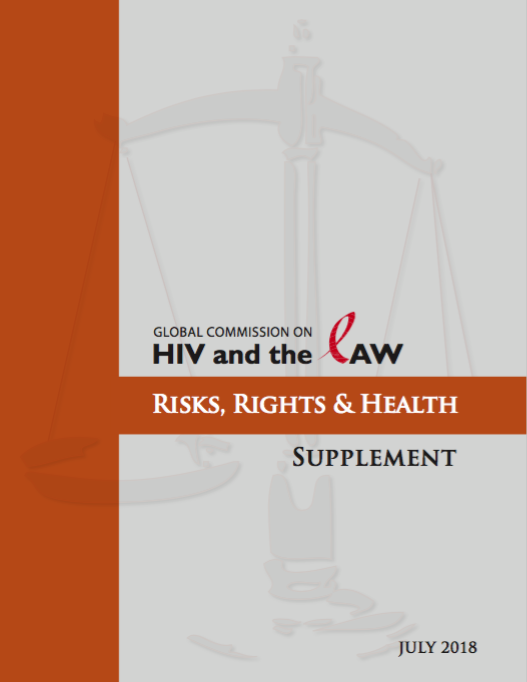Criminal law, public health and HIV transmission: a policy options paper
A number of cases have been reported in which people living with HIV have been criminally charged for a variety of acts that transmit HIV or risk transmission. In some cases, criminal charges have been laid for conduct that is merely perceived as risking transmission, sometimes with very harsh penalties imposed. Some jurisdictions have moved to enact or amend legislation specifically to address such conduct. The issue has also received public and academic commentary.
These developments raise the question of whether criminal laws and prosecutions represent sound policy responses to conduct that carries the risk of HIV transmission. Individual cases, and accompanying media coverage, may prompt public calls for such a response. But there are few simple solutions to such a complex problem, and a rush to legislate should be avoided in favour of careful consideration. To assist in the development of sound public policy, this paper:
- proposes some principles that should guide thinking about, and development of, law and policy on the question of criminal law and HIV/AIDS;
- identifies a number of public policy considerations that states should take into account when making decisions about the use of the criminal law;
- considers the alternative to criminalization presented by public health laws;
- discusses if and how the criminal law might be justifiably applied, considering in particular:
- (a) whether HIV-specific legislation is warranted;
- (b) which acts that transmit HIV or carry the risk of transmission could be subject to criminal sanctions;
- (c) what degree of mental culpability should be required to impose criminal sanctions;
- concludes with recommendations to governments, police, prosecutors, judges and
public health authorities regarding the appropriate use of criminal sanctions and
coercive public health measures.






 Guidance for prosecutors on HIV-related criminal cases.
Guidance for prosecutors on HIV-related criminal cases.
 Global Commitments, Local Action. After 40 years of AIDS, charting a course to end the pandemic
Global Commitments, Local Action. After 40 years of AIDS, charting a course to end the pandemic
 Political Declaration on HIV and AIDS: Ending Inequalities and Getting on Track to End AIDS by 2030
Political Declaration on HIV and AIDS: Ending Inequalities and Getting on Track to End AIDS by 2030
 Supplement to the Report of the Global Commission on HIV and the Law “Risks, Rights & Health”
Supplement to the Report of the Global Commission on HIV and the Law “Risks, Rights & Health”